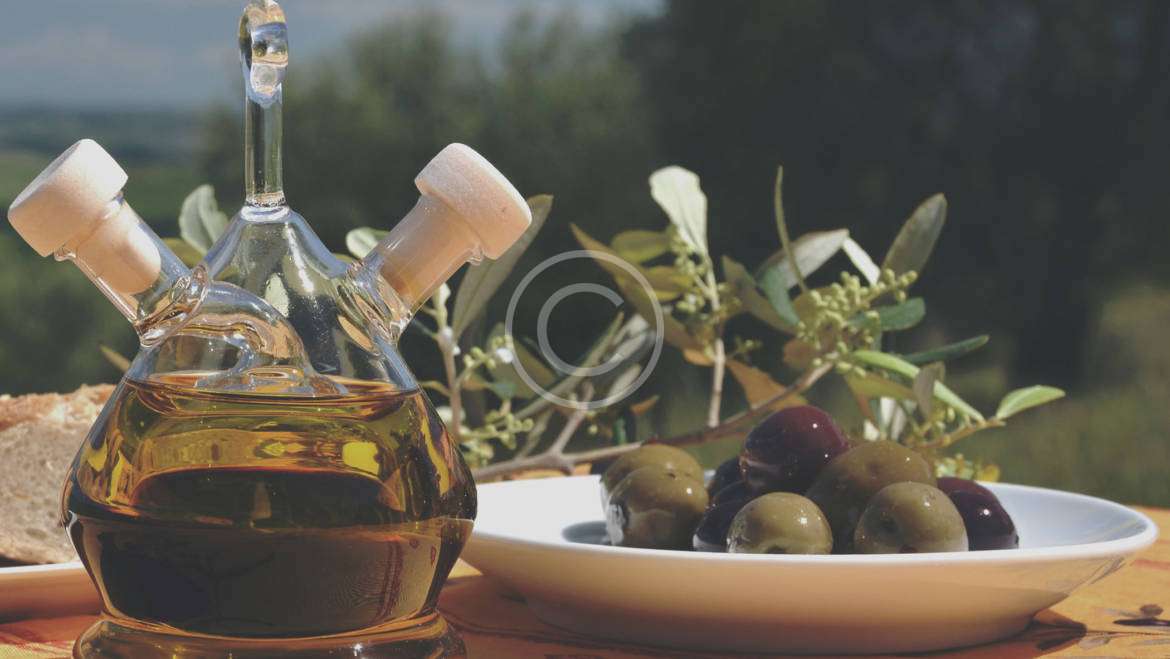Italian olive oil, known for its exquisite flavor and health benefits, holds a remarkable secret: its ability to help fight cancer. With its high polyphenol content, this golden elixir offers a natural and flavorful way to support cancer prevention. In this article, we will explore the scientific evidence behind the cancer-fighting properties of Italian olive oil and the role of polyphenols in promoting overall well-being.
Understanding Cancer Prevention: Cancer is a complex disease influenced by various factors, including genetics, lifestyle choices, and environmental exposures. While no single food can guarantee the prevention of cancer, incorporating a balanced and nutritious diet can significantly reduce the risk. Italian olive oil, with its unique composition, has emerged as a potential ally in the battle against cancer.
Polyphenols: Nature’s Powerful Warriors: Italian olive oil is rich in polyphenols, a group of natural compounds that act as potent antioxidants. These polyphenols have been extensively studied for their ability to neutralize harmful free radicals, inhibit the growth of cancer cells, and prevent the formation of tumors. The anticancer properties of polyphenols have been observed in various types of cancer, including breast, colorectal, and prostate cancer.
Scientific Evidence: Research has consistently shown the positive impact of Italian olive oil and its polyphenols on cancer prevention. A study published in the International Journal of Cancer found that olive oil intake was associated with a reduced risk of breast cancer, particularly among postmenopausal women . Another study published in the Journal of Nutritional Biochemistry demonstrated that the polyphenols in olive oil can inhibit the growth of colon cancer cells .
The Role of Polyphenols in Cancer Prevention: Polyphenols exert their anticancer effects through several mechanisms:
- Anti-inflammatory properties: Chronic inflammation is closely linked to cancer development. Polyphenols in Italian olive oil help reduce inflammation, creating an unfavorable environment for cancer growth .
- Antioxidant activity: Polyphenols neutralize free radicals and oxidative stress, which are known to damage DNA and contribute to the development of cancer .
- Antiproliferative effects: Polyphenols can inhibit the growth and division of cancer cells, potentially slowing down tumor progression .
Incorporating Italian Olive Oil into Your Diet: To maximize the cancer-fighting benefits of Italian olive oil, consider the following tips:
- Choose Extra Virgin Olive Oil: Opt for extra virgin olive oil as it retains the highest levels of polyphenols and other beneficial compounds. Look for reputable brands that guarantee quality and authenticity.
- Use Olive Oil in Cooking: Replace less healthy oils and fats with Italian olive oil in your cooking. Its versatility makes it suitable for sautéing, roasting, and grilling, adding both flavor and health benefits to your dishes.
- Enjoy It Raw: Drizzle extra virgin olive oil over salads, roasted vegetables, or use it as a dip for bread. Consuming olive oil in its raw form allows you to experience its full range of flavors and reap the maximum health benefits.
Conclusion: Italian olive oil, with its high polyphenol content, offers a flavorful and natural way to support cancer prevention. The powerful antioxidants and anticancer properties of polyphenols found in olive oil have been extensively studied and shown promising results in reducing the risk of various types of cancer. By incorporating Italian olive oil into your diet, you can enjoy its delicious taste while potentially reaping the benefits of cancer-fighting properties. Remember to choose extra virgin olive oil and embrace it as a part of a balanced and healthy lifestyle.

